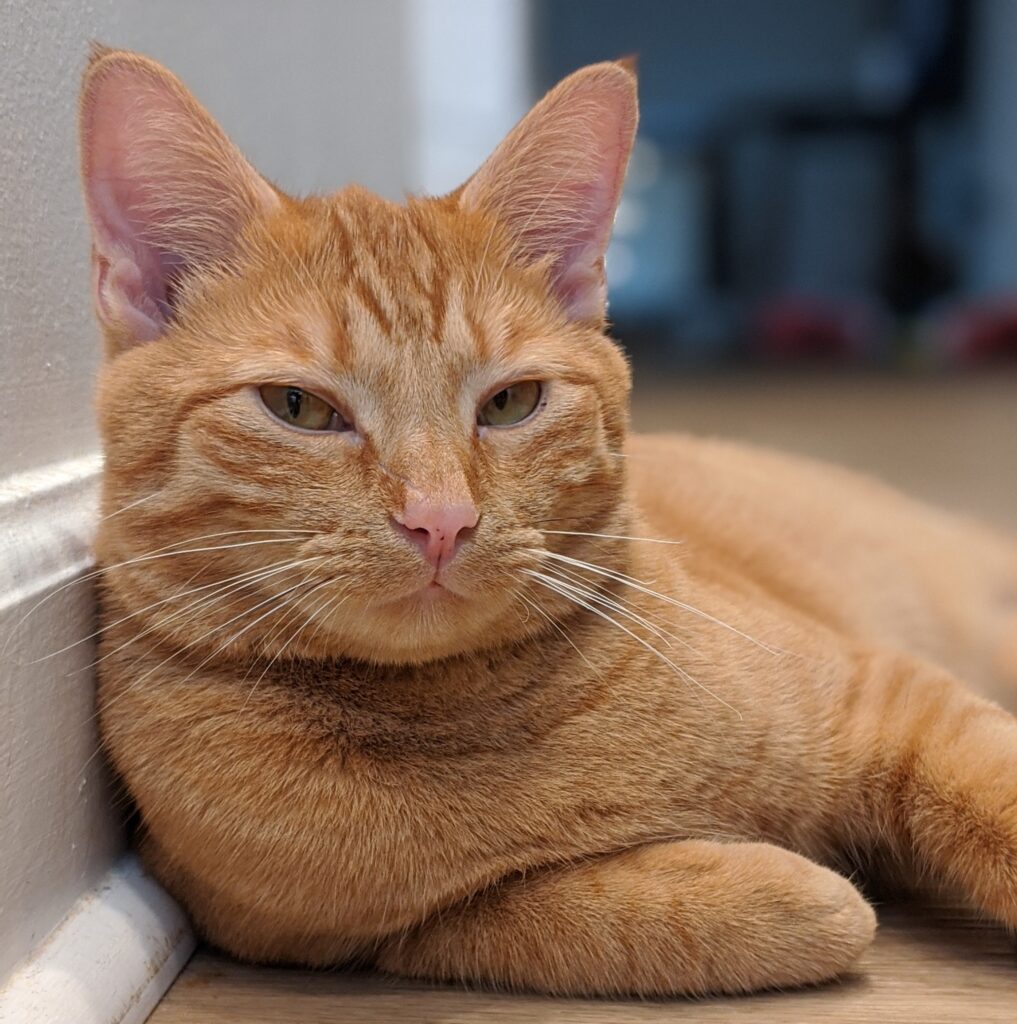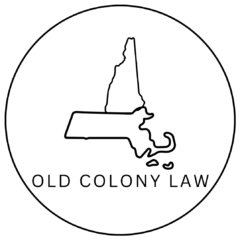Pets contribute immeasurable joy to our lives. You can help ensure that your beloved pets will be loved and cared for during your incapacity or following your death by incorporating them into your estate plan.

Massachusetts pet trusts
Massachusetts has adopted pet trust law allowing for the creation of trusts for the care of animals that outlive their owners. Under Massachusetts law, a pet trust will remain in effect until the death of the animal or, in the case of multiple animals, the death of the last surviving animal.
Naming the trustee of a pet trust is an important consideration. The trustee will oversee pet care expenses including food, veterinary visits, grooming, and boarding. Trustees may be compensated for the time they spend caring for or arranging for the care of your surviving pet. Naming a backup or successor trustee is recommended should the primary trustee be unwilling or unable to serve as trustee.
Pets in your will
Another option for pet owners is to name an individual to take custody of their surviving pets in a will or tangible personal property memorandum, just as they would with other items of personal property. Although a tangible personal property memorandum does not have the force of law, probate courts will generally honor a testator’s wishes regarding the custody of their surviving pets.
Caring for pets during incapacity
Planning for incapacity is an important part of estate planning, especially for pet owners. A Power of Attorney names an individual, an attorney-in-fact, to handle your financial affairs in the event that you suffer a stroke or are involved in an accident. Pet owners should ensure that their Power of Attorney gives their chosen attorney-in-fact authority to take custody, pay medical and routine care expenses, and provide housing or arrange for housing of their pets during their incapacity.
